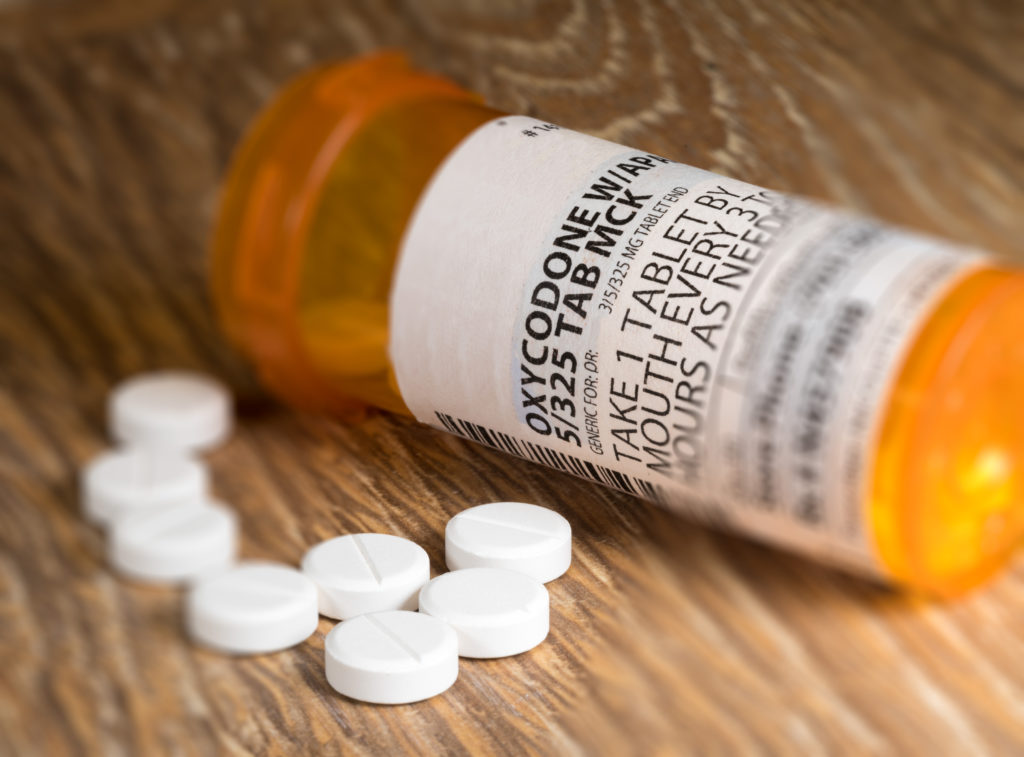The healthcare debate that is currently going on its putting Americans on the edge of their seats. With a population of more than 326 million, healthcare reform decisions will impact the nation greatly. However, when it comes to those who need addiction treatment, the repeal of Obama care otherwise known as the Affordable Care Act will be devastating.
The Affordable Care Act
To understand the effects of the repeal, we must first understand the ACA. The ACA granted additional funds to Medicaid, while also increasing the number of qualifying Americans. What this means is that an increase in Americans—those above the poverty line or without dependents—who previously would not have qualified for federal aid programs have become eligible for Medicaid benefits.
Additional advantages of the ACA include the ability to keep dependents on your health insurance plan until they turn 26, insurance companies losing the ability to cancel insurance plans if the insured becomes ill, no additional premiums or refusal of coverage for those with pre-existing conditions and mandates requiring insurance to pay for both mental and behavioral health treatment. These inclusions were monumental to addiction recovery, because of the increased ability to receive Addiction Treatment for those in need of help.
The Republican proposed GOP
Our current governing majority is Republican, and as such can be expected to vote accordingly. While it is important to note that none of the proposed healthcare bills have passed, Americans should stay informed about any reforms the Republican party is pushing to predict the direction the healthcare reforms will likely go in.
The most recently proposed health care bill by Republicans plans to remove many of the additio
ns introduced under the ACA. The bill, proposed in May of this year, would cut expanded funds to Medicaid. The new bill allows for states to decide for themselves whether their Medicaid plans will cover addiction treatment and mental health care.
Another facet of this plan is the removal of protections for those who have pre-existing conditions. This affects addicted individuals in two ways: the first is that both addiction and mental health are considered pre-existing health conditions, and could significantly raise the cost of treatment for them; the second is that these conditions will remain in the individuals’ medical records, causing problems for those looking for health insurance in the future, or by throwing a wrench into their continuing care plans after receiving treatment.
However, the Republican party noted that this increase in freedoms for insurance providers will allow them the choice to cover a larger portion of substance abuse or mental health treatment than they currently do. These lofty ideals by Republicans have been met with skepticism that insurance carriers, as businesses, would choose to increase coverage rather than decrease them.
The Debate Rages On
The current standing of America’s Healthcare Market hangs in the balance, but developments are happening near daily as President Trump makes hardly any effort to disguise his frustration with the lack of repeal to date. The most recent event consist of the resignation of Tom Price as the head of the U.S. Department of Health Services due to a scandal involving misuse of government resources. What this means is that President Trump will now be charged with finding his replacement, thereby swaying the political debate. The top candidates for the position include Seema Verma, a Republican and current Administrator of the Centers for Medicare and Medicaid Services and Scott Gottlieb, a Republican and current Commissioner of the Food and Drug Administration.
The Candidates
Each of these two candidates bring different ideals to the state of the Healthcare Market. Verma, ally to Vice President Mike Pence, worked with Republicans over the last year to cut funding to Medicaid programs. However, Verma is also a key player in working with Democrats to create Indiana’s Medicaid program. Based on her involvement in these contrasting programs, it is thought that she would be a strong candidate to form bipartisan alliances, which many feel will be necessary for healthcare reforms. This falls in line with a recent and shocking move by the President to work with Democrats on a healthcare proposal.
Proposals offered by Scott Gottlieb include promises to take steps toward combating the Opioid crisis by requiring companies who market drug intended to aid in abstinence, such as opiate blocking medications, to conduct studies testing their efficacy when put to real world use. Additionally, he intends to work with the FDA to speed access to lower cost generic drugs.
What does it mean?
While it’s impossible to know for certain what this means for the healthcare market, there is speculation that either of these candidates could improve the odds for the future of addiction treatment. With the options boiling down to the possibility of a bipartisan alliance on healthcare—and therefore a happy middle between the current ACA and proposed Republican bill— or a candidate set on improving the state of the Opiate epidemic that has America in a vice grip, we can be cautiously optimistic that our fellow Americans suffering with substance abuse or mental health will get the care they need.



